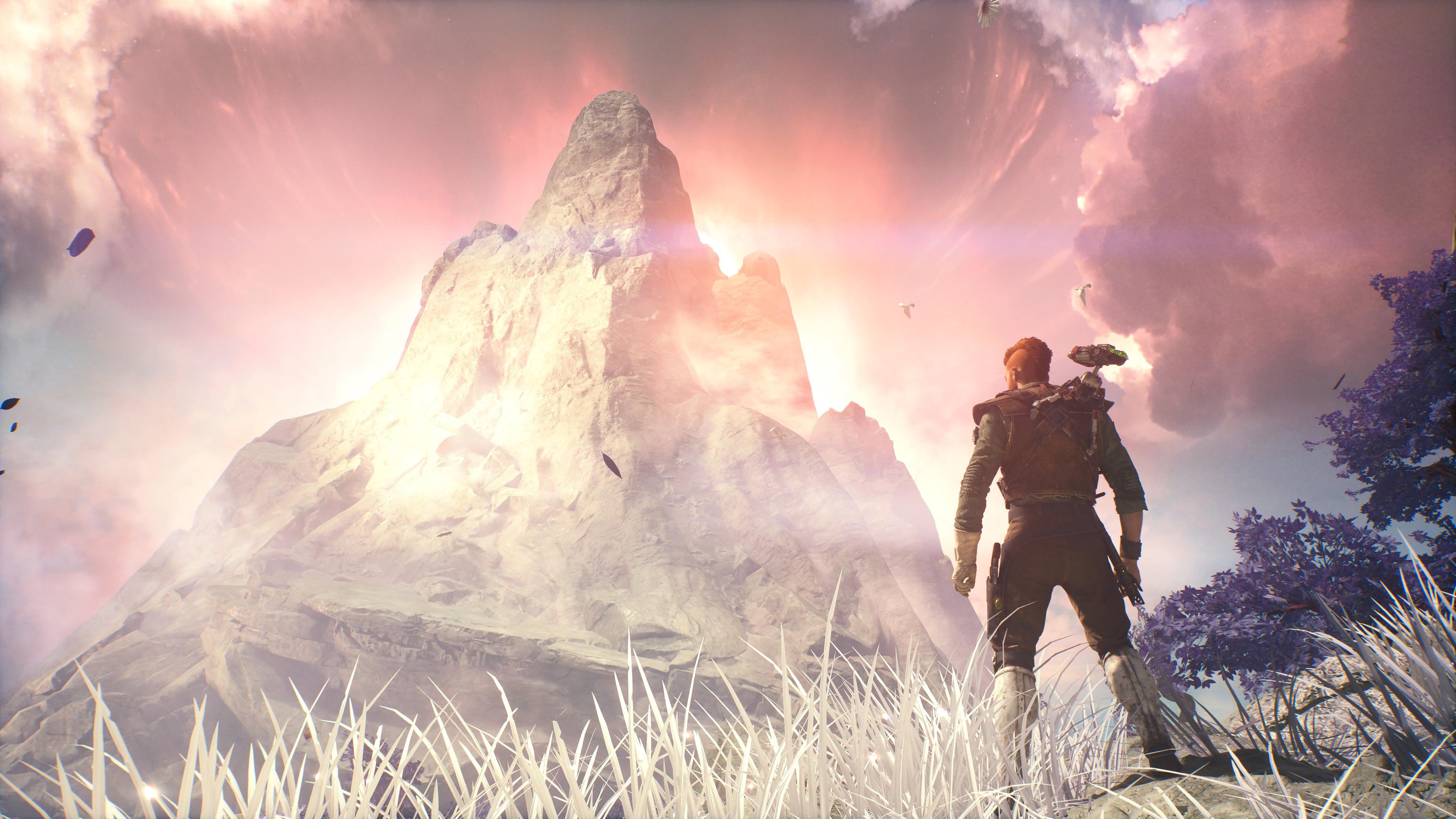Does lightning tend to favor certain locations over others? For example, is it more likely to strike a tree than the ground?
-
4It is more likely to strike the ground because there is more ground than anything else.– Raven DreamerCommented Apr 22, 2011 at 8:26
-
3It doesn't seem to work like real-life lightning, which uses the shortest possible distance between cloud and ground such as trees/telephone poles and tall buildings. This may be arbitrary, but I have noticed that lightning favors the center of a biome area that's storming rather than the edges. Does that make sense?– elliyaCommented Apr 23, 2011 at 0:52
-
1Possibly a normal distribution over each biome? I'd love to see someone make a proper measurement!– fredleyCommented Apr 24, 2011 at 10:50
-
Well, actually, real lightning doesn't just use the "shortest possible distance", it travels through ionized sections of air. It just often happens that it finds a path to a taller object than a lower one, because it is closer.– GnomeSliceCommented Apr 26, 2011 at 2:08
3 Answers
Lightning does not favor a specific location or area to strike.
-
2I'm going to mark this as accepted because I don't see any other answers coming and the only other answer seems arbitrary.– MaxpmCommented Apr 29, 2011 at 5:48
Here is a similar question on the preference of local position of lightning. But it's worth pointing out that lightning only happens in biomes that have rain and don't have snow. So desert, ice desert, nether (no rain), taiga, and tundra (snow) don't have lightning. (Theory from code reading)
No, lightning strikes random locations during thunderstorms. However, if you are trying to get something struct by lightning (If you are trying to get charged creepers), use a trident enchanted with channeling. They where added in 1.13, and channeling tridents will strike mobs with lightning when hit. However, they only work in open areas and during thunderstorms, and the target has to be a mob.

